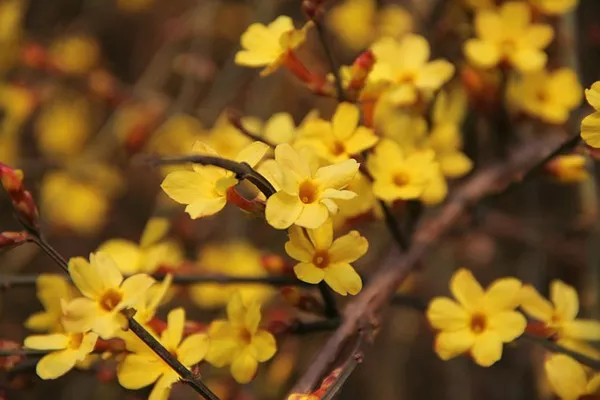In an innovative approach to addressing the challenges posed by climate change, scientists in Florida are investigating the use of sporopollenin, an indestructible shell that encapsulates pollen, as a potential solution for storing carbon. The project, led by Matias Kirst, a professor of genetics and genomics at UF’s Institute of Food and Agricultural Sciences, aims to harness the unique properties of sporopollenin to create a long-term carbon storage system.
Traditionally, efforts have been made to enhance plant roots’ ability to capture carbon effectively. However, existing plant materials tend to degrade over time, releasing the stored carbon back into the atmosphere within a span of 10 to 20 years. Kirst’s vision involves utilizing sporopollenin, often referred to as the “plant diamond” due to its indestructible nature, to establish a permanent storage solution for captured carbon, preventing its return to the atmosphere.
The methodology involves kickstarting the production of sporopollenin through plant roots, enabling its direct release into the soil. Currently, sporopollenin is naturally produced in a specific layer of cells during the pollen formation process in flowers. Kirst aims to modify this process, making it possible for sporopollenin to be produced in plant roots, particularly focusing on the poplar tree during the initial three-year research phase. The ultimate objective is for this approach to be applicable to a wide range of plants, including major agricultural crops.
Kirst emphasized the significance of integrating this capability into existing crops, highlighting the potential for substantial carbon sequestration benefits. Unlike other methods, such as relying on forests to capture carbon, the proposed technique ensures that every time crops are harvested, the accumulated sporopollenin, containing trapped carbon from the atmosphere, remains in the soil indefinitely.
“The numbers are really quite impressive when you think about that; if you just introduce 5% of the root mass as being sporopollenin, and just considering maize in the U.S., we’re talking about over 50 million metric tons of CO2 being sequestered,” Kirst explained, underscoring the scale of potential environmental impact achievable through this innovative carbon storage approach.
As researchers embark on the next three years of the project, their primary focus will be on studying the poplar tree. However, the overarching goal is to develop a versatile solution that can be applied globally, providing a sustainable and effective method for mitigating carbon emissions and combating climate change.


